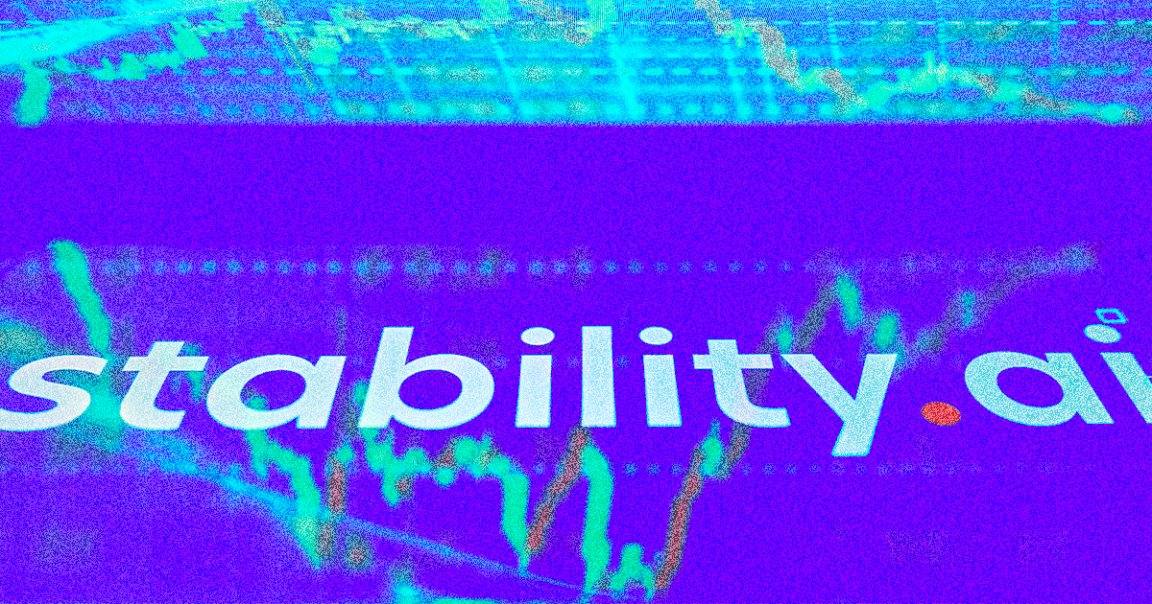
Instability AI
Stability AI, the company behind the popular Stable Diffusion AI image generator, is under the microscope. Already sued by a trio of angry artists, it’s also been hit with a one-two punch of copyright lawsuits in the UK last month and now in the US, filed by none other than Getty Images, the world’s foremost provider of stock photos.
“This case arises from Stability AI’s brazen infringement of Getty Images’ intellectual property on a staggering scale,” reads the lawsuit, which was filed last week in a US District Court in Delaware. Getty alleges that Stability AI copied a whopping 12 million images from its collection “without permission” or “compensation.”
Gleaning the images is just half the digital distributor’s gripe, though. Getty claims Stability even “removed or altered” its copyright management information, “provided false copyright management information, and infringed Getty Images’ famous trademarks.” In other words, it’s pissed off that its iconic watermark was either outright removed or bastardized by Stable Diffusion in many of its images.
And for good measure, the lawsuit threw additional shade by calling some of the AI’s output “much lower quality” and “bizarre to the grotesque” — which is why Getty doesn’t want its watermark anywhere near them.
Pay Up or Shut Up
No offense to the artists who were ballsy enough to sue Stability, but if anyone’s lawsuit could put a dent in AI’s flagrant disregard for copyright protections, it’d be Getty’s.
“Getty’s new complaint is much better than the overreaching class action lawsuit [filed by the artists] last month,” tweeted copyright lawyer Aaron Moss, who runs the Copyright Lately blog.
“The focus is where it should be: the input stage ingestion of copyrighted images to train the data,” he added. “This will be a fascinating fair use battle.”
Moss later told The Verge that Getty’s lawsuit hinged on the fact that “it wasn’t paid for the use of its images.”
That detail is key. Getty isn’t anti-AI, it’s just anti-not-getting-paid. In a statement last month, Getty affirmed its belief in AI’s “potential to stimulate creative endeavors,” and that it had already provided licenses to let other AIs train on its images.
But Moss notes that it could be a while before the case is pushed forward, since the District Court is “pretty backed up.”
“It will likely take several years for the Getty Images case to get through discovery and summary judgment motions before trial,” he added.
At the pace that AI is garnering ludicrous amounts of investment and seems to be improving, those few years could be a lifetime.
More on generative AI: Artists Sue Stable Diffusion and Midjourney for Using Their Work to Train AI That Steals Their Jobs